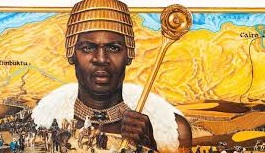PRESENT PERFECT CONTINUOUS TENSE
Present Perfect Continuous The Present Perfect Continuous uses two auxiliary verbs together with a main verb. In this lesson we look at the structure and use of the Present Perfect Continuous tense, as well as the use of for and since, followed by a quiz to check your understanding. Note that continuous tenses are also called progressive tenses. So the Present Perfect Continuous tense is sometimes called the Present Perfect … Read more








